Time of Transition
I just finished the third book in the Hinges of History Series, Desire of the Everlasting Hills: The World Before and After Jesus by Thomas Cahill. It’s late so I don’t think I’ll ramble too much.
Turns out I was wrong about the length.
I talked a little about the last book The Gifts of the Jews in my previous review. This book actually reminded me more of the first in the series, How the Irish Saved Civilization. It has Cahill’s characteristic love for his subject, along with some of the interesting, if tenuously supported, leaps that he sometimes makes. This book has more information from source than the previous in the series, and that is what harkens back to the first book. However, TGotJ provides a good backdrop for the events of this book.
Cahill goes through the time just before Jesus arrival until a few centuries after the crucifixion. The primary amount of time is spent talking about the gospels of Matthew, Mark, Luke, John, and the Acts and Paul’s letters. Cahill tries to place the events in the books in a historical context of world and local events at the time. He points to probable times of when the books were transcribed from the original oral tradition and the effect that may have had. He compares the differences between the books and how that relates to the age of the original writings and the person from whom the writings descend. He talks of Peter’s odd Greek in Mark as being the second language of a Jewish fisherman, Matthew the educated Tax collector’s more precise but still unusual Greek, Luke the gentile’s beautifully worded gospel that sees things from a different angle than his Jewish brethren, John’s gospel that stands apart from the other three in various ways, and the amazing letters of Paul to the fledgling churches.
Cahill writes the book as his version of a Christian Historian. Either of those by themselves is a hard line to walk without pissing someone off. Put both of them together and you will most definitely do so. Some people will see him deviate too far from the historian perspective, and some will say the same of the religious side. I think he does a remarkable job of writing a book that most people can read and come away inspired to learn more. I recommend it as a good starting point to further study, or as an additional piece in ongoing study.
I don’t see myself as one who tries to conform to orthodoxy. I’ve known “orthodox Christians” who are frankly some of the meanest, most self centered, and judgmental people I have ever met. They put on airs of following orthodoxy merely so they can point out other flaws. Yes I know I just passed judgment myself. I’m working on that, and I try not to let my judgmentalness rule me. I like the more Jewish idea that the scriptures are to be studied and discussed, of which I should do more. I also don’t feel the books should be viewed in a vacuum. They were influenced and edited by people and politics. Studying the conditions of that can lead to even greater trust faith and understanding.


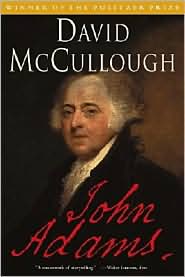
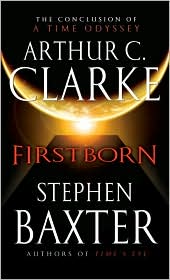
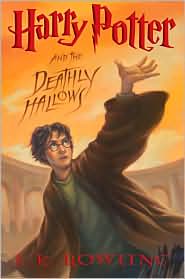
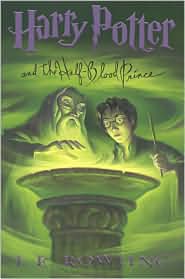
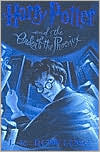

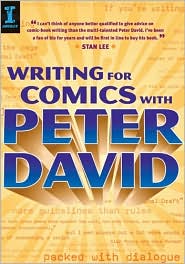
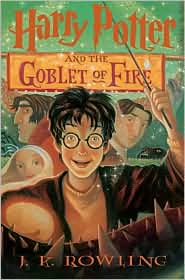
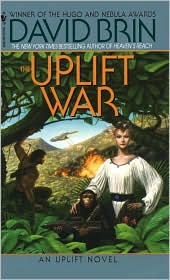
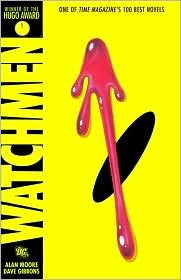

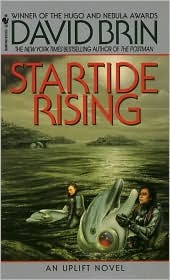



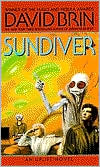



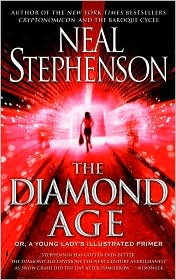








0 Comments:
Post a Comment
<< Home